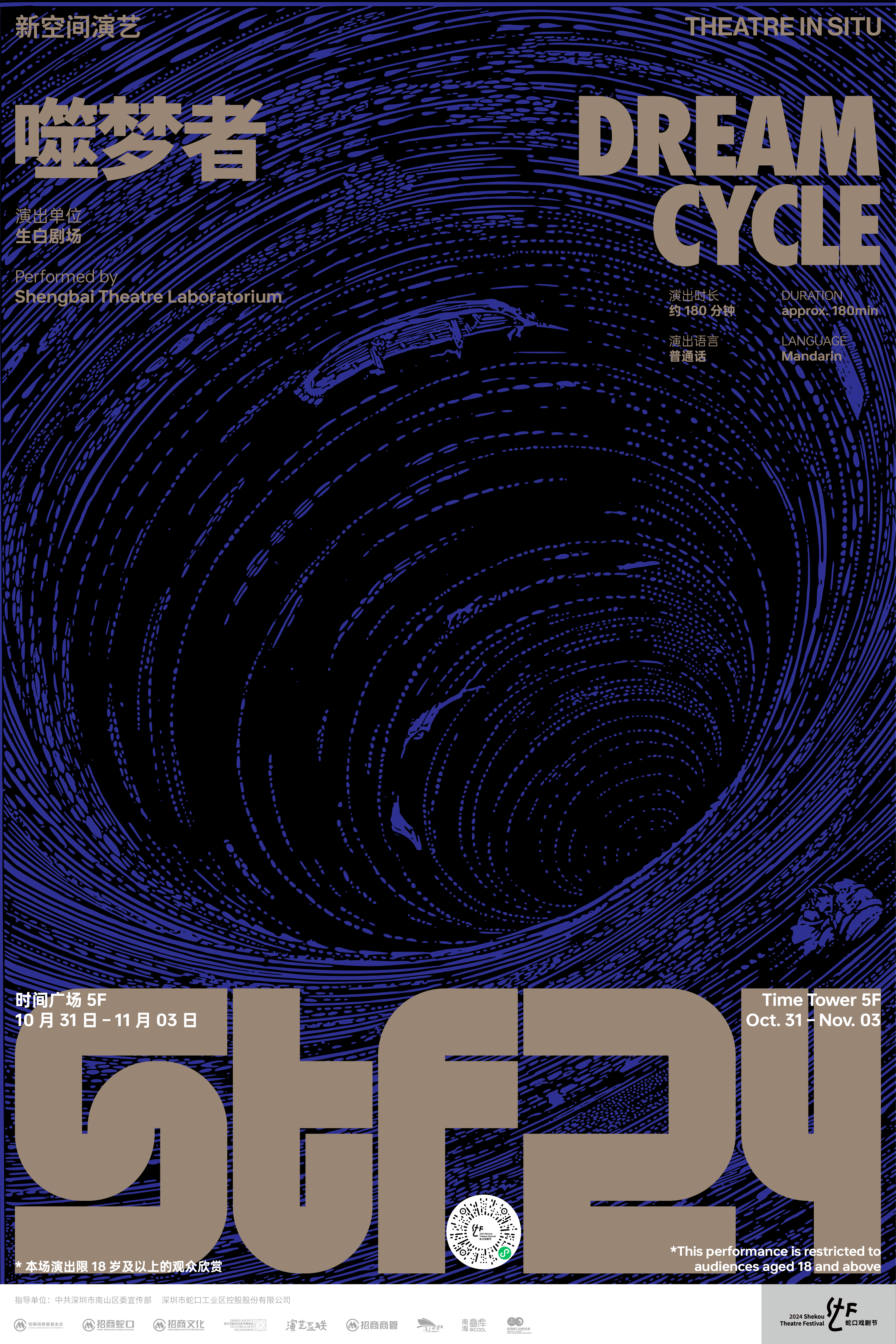- CN
- Login
- Introduction
Do you still remember that dream you once had?
Has that dream now been fulfilled,
Or has it already gotten lost in your life?
Everyone has a soft spot, a personal weakness that makes them human. These weaknesses become part of everyday life, which is often overlooked. The Dream Eater, encased in a suit of “Numbness,” appears invincible but loses their humanity in the process.
Deprived of dreams and human vulnerabilities, the Dream Eater uses alcohol as a tool to collect dreams, trapping both the dreams and themselves in the Dream Hotel—a prison of their own making.
As a guest of the Dream Hotel, after witnessing the Dream Eater’s cherished dreams, would you trade away your own weaknesses to stay, accompany the Dream Eater, and become one yourself?
Shengbai Theater’s name comes from Zhuangzi’s “The World of Man,” symbolizing that purity of heart leads to clarity, which in turn brings blessings. This philosophy guides our performances and reflects our aspirations for our troupe.
Production Team
Art Director:Zhong Xianglin
Director:Max Chiu
Script:Yang Yaxi
Producer: Gluebi Mao
Stage Manager:Chen Mengying
Lighting Designer:Xian Haoran
Set Designer:Wu You
Music Designer:Lin Zijie
Costume Designer:Lu Yun
Performed by Mili、Zhuo Mingmei、Cai Xiaolan、Wang Lianming、Zhao Jingyu、Tan Zepeng、Xu Jiawei

- Performance Record
Performance Type: Immersive Theatre
Cast Size: 7
Number of touring personnel: 10
Duration: 90-210 Minutes
Setup Period: TBD based on the programme's final scale
Logistics: Renovation required, depending on specific circumstances
Specific Venue Requirements: (1)Public Space: Must accommodate the entire audience for each performance (2)Individual Spaces: 4-8 rooms, with quantity affecting the number of individual stories and performance duration; the size of each space determines audience capacity (3)the venues must allow for renovation and modification
Audience Capacity per Session: 100-200
Tech Rider: (1)Production Timeline: No less than six months, including market research and on-site production, with the final outcome being a complete commercial work (2)Adaptability: The project follows the principle of “adapting to local conditions,” with various details open to discussion and adjustment based on actual circumstances

